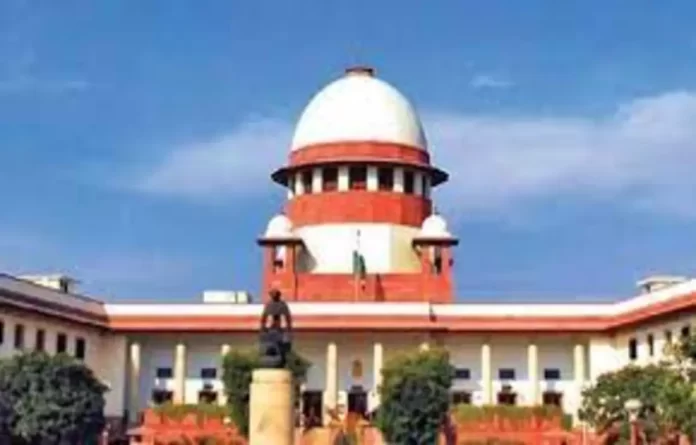The Supreme Court while hearing Indian multinational mining company Vedanta’s plea for the reopening of its Sterlite copper plant in Tamil Nadu’s Thoothukudi, questioned how the company could continue its operation despite the expiry of hazardous waste authorization.
A bench comprising Chief Justice of India DY Chandrachud, Justice JB Pardiwala and Justice Manoj Misra heard a special leave petition lodged by Vedanta Limited against an August 2020 Madras High Court order ruling dismissing a batch of pleas by the company against the closure of its copper plant in Tuticorin and other consequential orders passed by the Tamil Nadu Pollution Control Board (TNPCB).
During the hearing, the Supreme Court questioned the mining company on how it could have continued operations despite the expiry of the hazardous waste authorisation under the Hazardous and Other Wastes (Management and Transboundary Movement) Rules, 2016.
Notably, one of the grounds cited for directing its shutdown was the absence of a valid hazardous waste disposal license. Reportedly, while Vedanta did apply for a renewal of the permission, it continued functioning even after the previous license expired.
Responding to the bench, Senior Advocate Shyam Divan contended that the Tamil Nadu Pollution Control Board took a very long time to process the application, not just for Vedanta, but for industries across the state, including neighbouring units. He added that even where they take the time and the period has expired, the pollution control board allows the industry to continue functioning.
Meanwhile, the Tamil Nadu Pollution Control Board denied the aforesaid allegations, claiming that Vedanta’s applications had to be rejected or returned multiple times on account of being incomplete.
Subsequently, Chief Justice Chandrachud asked Vedanta’s counsel if there was any provision allowing industrial units to continue operating, pending an application for the renewal of their hazardous waste disposal licenses. Shyam Divan answered in the negative, but argued that it was a common understanding shared by industrial units across the board.
CJI DY Chandrachud pressed further stating that once the hazardous waste authorisation has expired, then there is no question of continuing in the absence of any renewal. He asked why did the company not approach the court under Article 226?.
To this, the Senior Advocate conceded that the mining company should have moved the high court for an expeditious disposal of their renewal application, but argued that in view of the massive delay on the part of the authorities to process its request, closing down the plant was a disproportionate reaction.
Following, Chief Justice Chandrachud replied that the submissions shows that there is a failure on the part of the pollution control board and perhaps this is the state of pollution regulation in India. However, for the highest court of the land to say that allow entities without authorisation to operate because the board has kept the applications pending will be setting a very wrong precedent, he concluded.


